
Theodore Roosevelt Jr., often referred to as Teddy or by his initials, T. R., was an American politician, statesman, soldier, conservationist, naturalist, historian, and writer who served as the 26th president of the United States from 1901 to 1909. He previously served as the 25th vice president under President William McKinley from March to September 1901 and as the 33rd governor of New York from 1899 to 1900. Assuming the presidency after McKinley's assassination, Roosevelt emerged as a leader of the Republican Party and became a driving force for anti-trust and Progressive policies.

In the United States, the term hyphenated American refers to the use of a hyphen between the name of an ethnicity and the word American in compound nouns, e.g., as in Irish-American. Calling a person a "hyphenated American" was used as an insult alleging divided political or national loyalties, especially in times of war. It was used from 1890 to 1920 to disparage Americans who were of foreign birth or ancestry and who displayed an affection for their ancestral language and culture. It was most commonly used during World War I against Americans from White ethnic backgrounds who favored United States neutrality during the ongoing conflict or who opposed the idea of an American alliance with the British Empire and the creation of what is now called the Special Relationship, even for purely political reasons.
The Preparedness Movement was a campaign led by former Chief of Staff of the U.S. Army, Leonard Wood, and former President Theodore Roosevelt to strengthen the U.S. military after the outbreak of World War I. Wood advocated a summer training school for reserve officers to be held in Plattsburgh, New York.
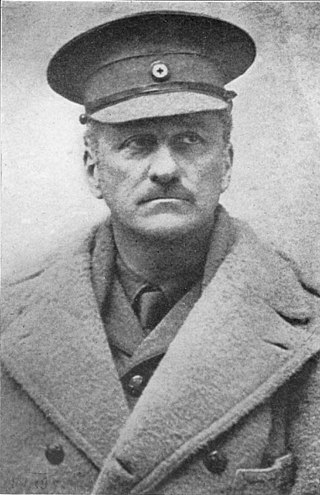
Robert Bacon was an American statesman and diplomat. He was also a leading banker and businessman who worked closely with Secretary of State Elihu Root, 1905-1909, and served as United States Secretary of State from January to March 1909. He served as ambassador to France 1909 to 1912. He was a leader in the Preparedness Movement setting up training programs for would-be Soldiers before the United States entered the First World War in April 1917. He was defeated narrowly as a candidate for the United States Senate in 1916. He was commissioned as a major in the United States Army in 1917, and played a major role as Chief of the American Military Mission at British General Headquarters.

Theodore Roosevelt III, often known as Theodore Jr., was an American government, business, and military leader. He was the eldest son of President Theodore Roosevelt and First Lady Edith Roosevelt. Roosevelt is known for his World War II service, including the directing of troops at Utah Beach during the Normandy landings, for which he received the Medal of Honor.
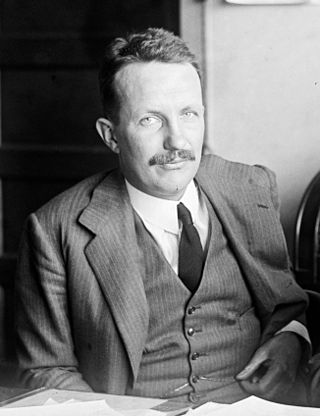
Kermit Roosevelt MC was an American businessman, soldier, explorer, and writer. A son of Theodore Roosevelt, the 26th President of the United States, Kermit graduated from Harvard College, served in both World Wars, and explored two continents with his father. He fought a lifelong battle with depression and died by suicide while serving in the US Army in Alaska during World War II.

Quentin Roosevelt I was the youngest son of President Theodore Roosevelt and First Lady Edith Roosevelt. Inspired by his father and siblings, he joined the United States Army Air Service where he became a pursuit pilot during World War I. He was killed in aerial combat over France on Bastille Day, 1918. He is the only child of a U.S. president to have died in combat.

The Committee on Public Information (1917–1919), also known as the CPI or the Creel Committee, was an independent agency of the government of the United States under the Wilson administration created to influence public opinion to support the US in World War I, in particular, the US home front.
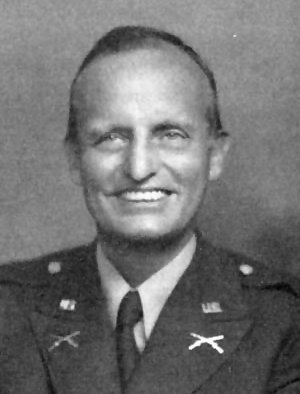
Archibald Bulloch Roosevelt was a distinguished U.S. Army officer and commander of U.S. forces in both World War I and II, and the fifth child of U.S. President Theodore Roosevelt. In both conflicts he was wounded. He earned the Silver Star with three oak leaf clusters, Purple Heart with oak leaf cluster, and the French Croix de Guerre. After World War II, he became a successful businessman and the founder of a New York City bond brokerage house, as well as a spokesman for conservative political causes.

The Wildlife Conservation Society (WCS) is a 501(c)(3) non-governmental organization headquartered at the Bronx Zoo in New York City, that aims to conserve the world's largest wild places in 14 priority regions. Founded in 1895 as the New York Zoological Society (NYZS), the organization is now led by President and CEO, Monica P. Medina, who replaced long time President and CEO Cristián Samper in 2023. WCS manages four New York City wildlife parks in addition to the Bronx Zoo: the Central Park Zoo, New York Aquarium, Prospect Park Zoo and Queens Zoo. Together these parks receive 4 million visitors per year. All of the New York City facilities are accredited by the Association of Zoos and Aquariums (AZA).

Emerson Hough was an American writer best known for writing western stories and historical novels. His early works included Singing Mouse Stories and Story of the Cowboy. He was well known for his 1902 historical novel The Mississippi Bubble. Many of his works have been adapted into films and serial films.
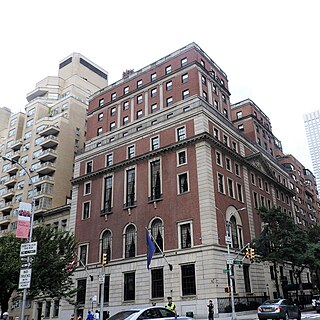
The Union League Club is a private social club in New York City that was founded in 1863 in affiliation with the Union League. Its fourth and current clubhouse is located at 38 East 37th Street on the corner of Park Avenue, in the Murray Hill neighborhood of Manhattan. It was designed by Benjamin Wistar Morris and opened on February 2, 1931. The building was designated a New York City landmark on October 25, 2011. The club is considered one of the most prestigious in New York City.
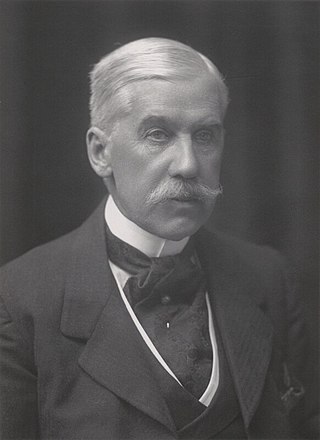
Almeric Hugh Paget, 1st Baron Queenborough, GBE was a British industrialist and Conservative Party politician. He was a founder of the Military Massage Service and the Cambridgeshire Battalion of The Suffolk Regiment and treasurer of the League of Nations Union.

The National Security League (NSL) was an American patriotic, nationalistic, nonprofit, nonpartisan organization that supported a greatly-expanded military based upon universal service, the naturalization and Americanization of immigrants, Americanism, meritocracy, and government regulation of the economy to enhance national preparedness.

Theodore Douglas Robinson was an American politician from New York who served as the Assistant Secretary of the Navy from November 1924 to 1929. He was a member of the Roosevelt family through his mother and was the eldest nephew of President Theodore Roosevelt. As an Oyster Bay Roosevelt, Theodore was a descendant of the Schuyler family.

Flora Payne Whitney, also known as Flora Whitney Miller, was an American artist and socialite, art collector, and patron of the arts.
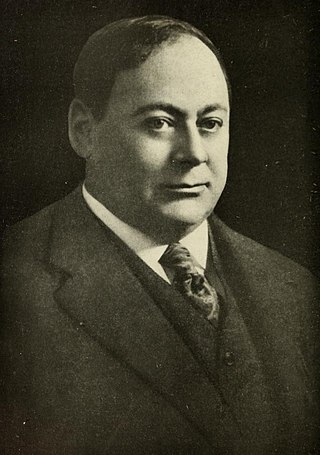
John Revelstoke Rathom (1868–1923) was an Australian-born American journalist, editor, and writer based in Rhode Island and employed as the editor of The Providence Journal at the height of his career. In the years before America entered World War I, Rathom assisted British Intelligence at Wellington House as an agent of influence by publishing British propaganda, including false or exaggerated allegations of German war crimes, as articles in The Providence Journal. These articles were widely republished by other American newspapers and helped ensure American entry as an ally of the British Empire in the war against Imperial Germany. Rathom's claims that his newspaper routinely uncovered German espionage plots were also later revealed as fraudulent, although his reputation as an heroic anti-German crusader endured. He later engaged in a long public dispute with Franklin Delano Roosevelt early in the future president's career. He cut a large figure in the world of journalism and as a political spokesman advocating Anglophilia, anti-White ethnic sentiment, the Special Relationship, and anti-communism, while denouncing the League of Nations.

The League to Enforce Peace was a non-state American organization established in 1915 to promote the formation of an international body for world peace. It was formed at Independence Hall in Philadelphia by American citizens concerned by the outbreak of World War I in Europe. Support for the league dissolved and it ceased operations by 1923.

Americanism, also referred to as American patriotism, is a set of nationalist values which aim to create a collective American identity for the United States that can be defined as "an articulation of the nation's rightful place in the world, a set of traditions, a political language, and a cultural style imbued with political meaning". According to the American Legion, a U.S. veterans' organization, Americanism is an ideology, or a belief in devotion, loyalty, or allegiance to the United States of America, or respect for its flag, its traditions, its customs, its culture, its symbols, its institutions, or its form of government. In the words of Theodore Roosevelt, "Americanism is a question of spirit, conviction, and purpose, not of creed or birthplace."
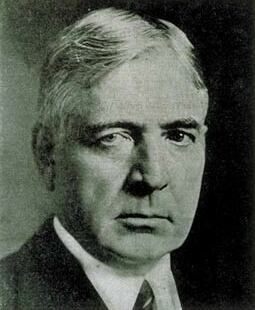
From March 9 to June 5, 1920, voters of the Republican Party elected delegates to the 1920 Republican National Convention for the purposing of choosing the party's nominee for president in the 1920 election.



















